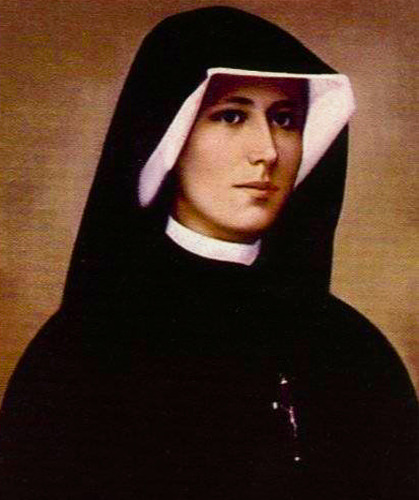Apostolic Decree
Divine Mercy Indulgence
The Promise was made by the Lord to St. Faustina, as part of a private revelation to her. In reviewing her life as part of the canonization process, the Church determined that she lived a life of heroic virtue, and ultimately the Holy Father canonized her, by an infallible judgment. We can be certain that she is in heaven.
Notwithstanding these facts, the content of private revelation, even to a saint, may only be accorded human credibility. This means that an evaluation of the facts suggest to a reasonable person the truth of its content and its supernatural origin. Catholics reasonably accept it as coming from God, but are not obligated to accept it as a matter of theological faith. Reason itself suggests its truth, and so one could be acting imprudently and unreasonably by not accepting a private revelation after giving the facts and the Church's evaluation a fair hearing, but one could not be considered to be faithless.
In the case of the Divine Mercy Indulgence, it is dogma of the Catholic Faith that the Roman Pontiff is the Vicar of Christ and acts with His authority. Catholics must believe by faith that IF they fulfill the conditions of the Indulgence that they will certainly receive what the Pope has promised, full remission of the temporal punishment due to their forgiven sins. This explains why the Holy See institutionalized the Promise in the form of an Indulgence. Like creating the Feast of Mercy itself, it was inspired by a private revelation, but made effective by the authority of the Church.
So, while the Promise seems easier to fulfill, the Indulgence is more certain. By seeking to satisfy the stricter conditions of the Indulgence, we would certainly satisfy the conditions of the Promise, as well. Keep both intentions in mind, in other words, while doing what is required to gain the Indulgence. What is most intrinsic to the Promise is the generosity of the Lord in forgiving on this day, and so we may reasonably count on Him to provide the actual graces necessary to do what is required for the Indulgence. 2
